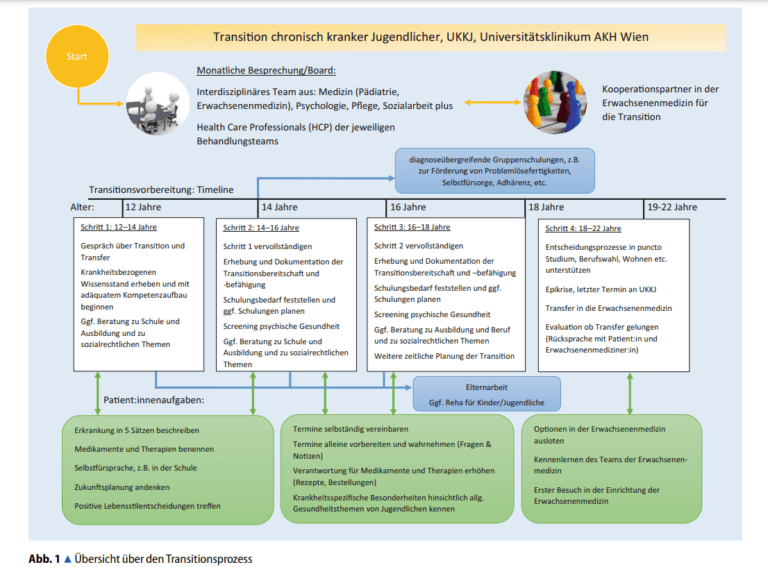
With increasing numbers of childhood cancer survivors (CCS), it is important to identify the impact of cancer and CCS’ need for support services that can mitigate the long-term impact on psychosocial well-being, including health-related quality of life (HRQOL). This publication aimed to describe survivors’ well-being, the impact of cancer, and supportive care needs and to determine how socio-demographic or clinical characteristics and the impact of cancer relate to survivors’ unmet needs.
In this mixed methods study, a quantitative survey was used to assess health-related quality of life HRQOL, psychological distress, impact of cancer, and supportive care needs. Qualitative interviews were conducted to explore the meaning of well-being, health, and the impact of cancer.
Overall, 69 CCS participated in the survey of which 28 participated in qualitative interviews. Health was considered to encompass both: physical and emotional aspects of well-being. Cancer positively impacted CCS’ ability to care and attitude towards life, whereas relationships and insurance were negatively impacted. Risks for unmet needs increased in CCS with self-reported low health status, late effects, psychological distress, with older age at study or longer time since the end of treatment.
In this study, many CCSs experienced various psychosocial, psychological and informational unmet needs, indicating that survivors’ needs are currently not duly addressed. Current efforts to provide supportive psychosocial care should be further operationalized to provide adequate support.









Comments
Thank you. Comment sent for approval.
Something is wrong, try again later